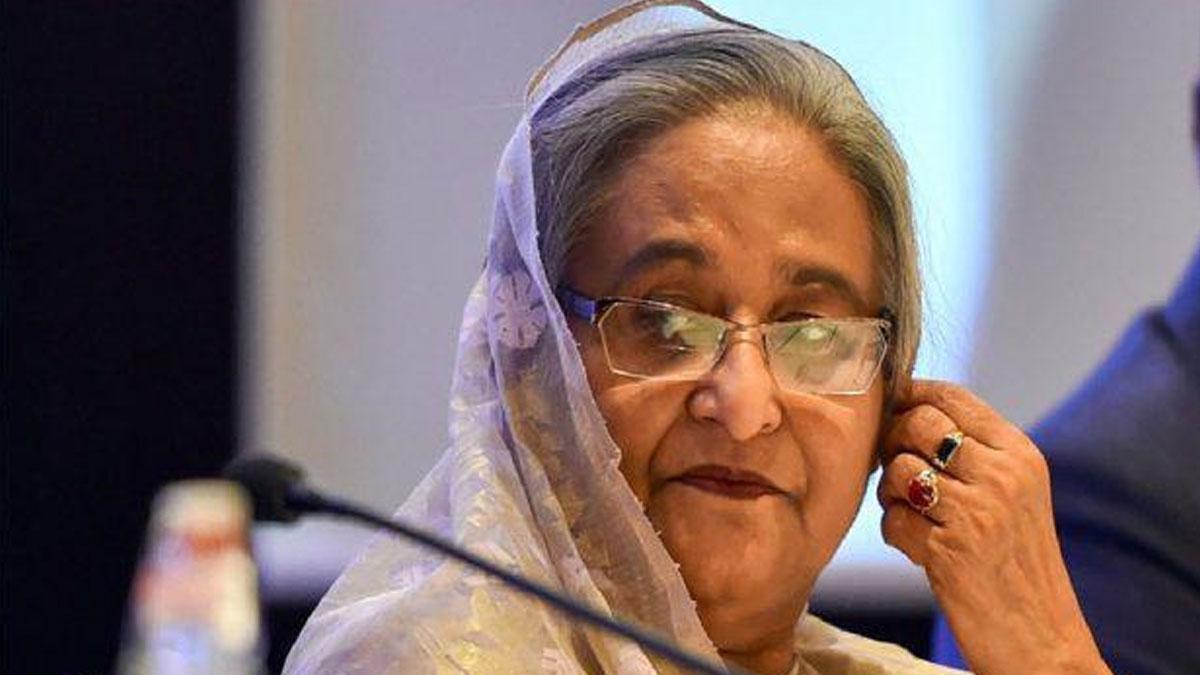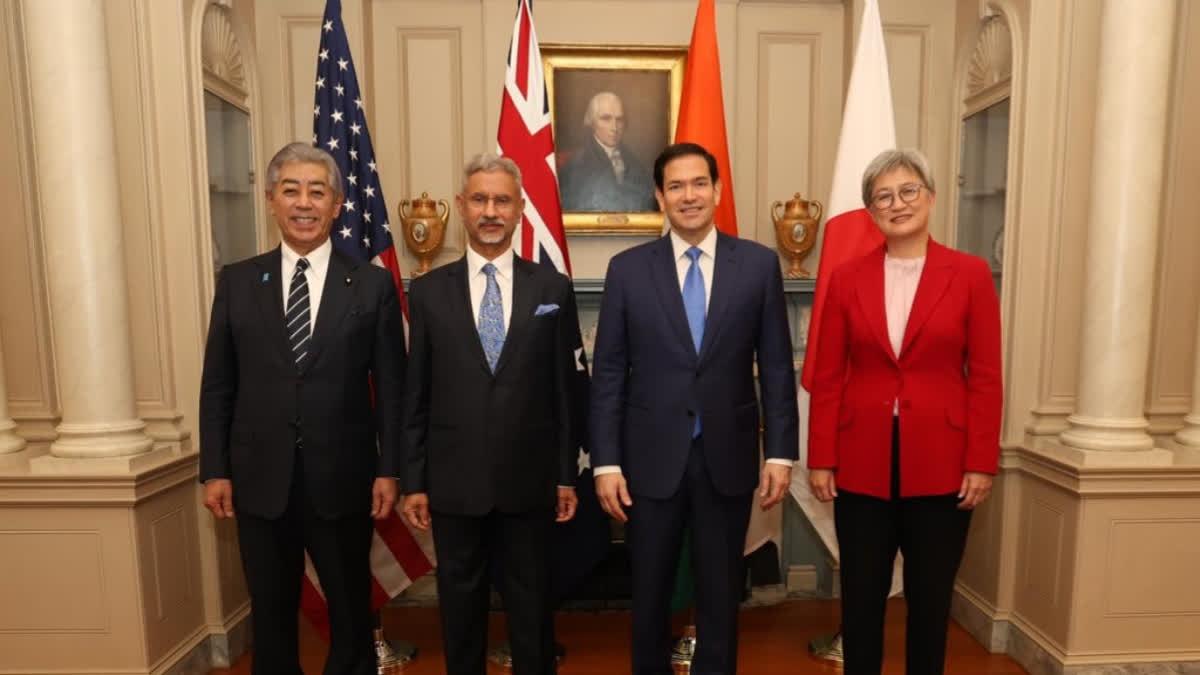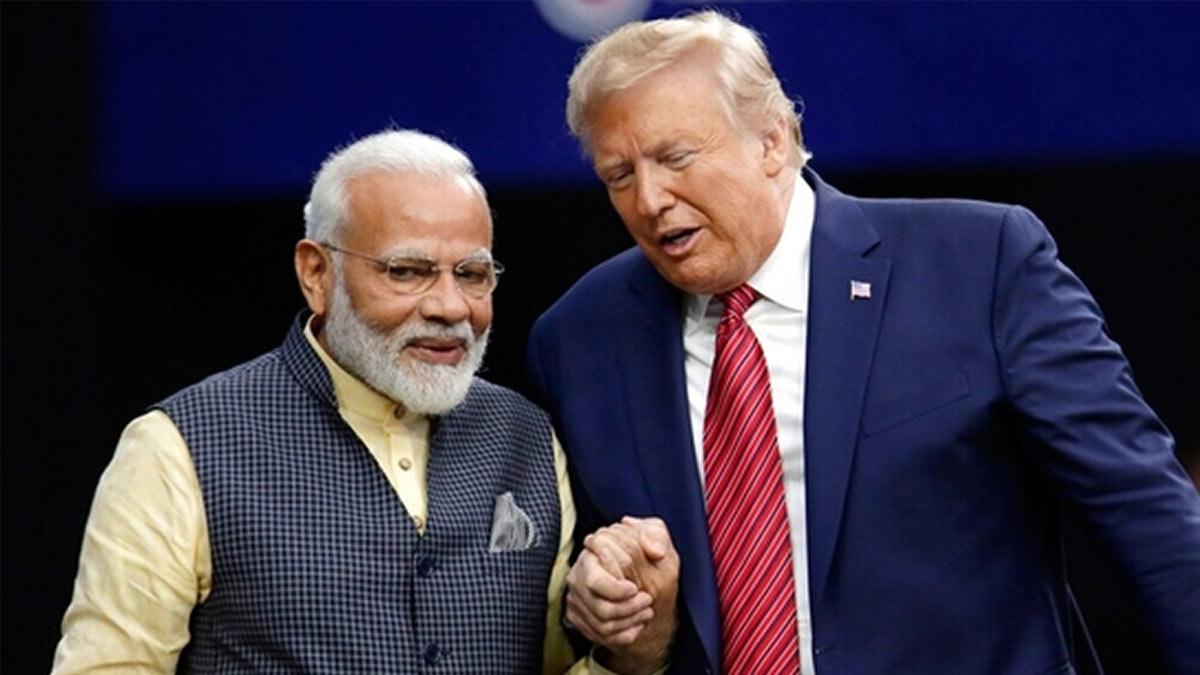BNP Secretary General Mirza Fakhrul Islam Alamgir has underscored the necessity of initiating a fresh chapter in Indo-Bangla relations, suggesting that this new beginning should involve the extradition of former Prime Minister Sheikh Hasina. Alamgir argues that Hasina’s prolonged stay in India could further strain the bilateral ties between the two countries.
As the BNP's senior leader, Alamgir expressed his party's commitment to fostering strong relations with India, indicating their willingness to "move past previous differences and collaborate." He also assured that the BNP would not permit any actions on Bangladeshi territory that could endanger India’s security.
In a discussion with PTI at his Dhaka residence, Alamgir mentioned that if the BNP comes to power, it would scrutinize and potentially reconsider the “questionable” Adani electricity agreement made during the Awami League's tenure, citing it as a significant burden on the Bangladeshi populace.
Alamgir criticized New Delhi for its diplomatic missteps, claiming it failed to grasp the sentiments of the Bangladeshi people. Despite the Hasina government's fall amid widespread protests, he noted that the “Indian establishment has yet to engage with the BNP, unlike China, the US, the UK, and Pakistan.” He also argued that the issue of minority safety in Bangladesh should be regarded as an “internal matter,” dismissing reports of attacks on Hindus as largely politically motivated rather than communal.
“Sheikh Hasina must face justice in Bangladesh for the crimes and corruption committed during her administration. To honor the sentiments of the Bangladeshi people, India should facilitate her return to Bangladesh,” Alamgir stated.
Following massive anti-government protests that peaked on August 5, Hasina resigned and sought refuge in India. Her stay, now extending over three weeks, has fueled speculation in Bangladesh.
Alamgir emphasized that resolving this situation by ensuring Hasina’s return would mark a new beginning in India-Bangladesh relations. “Standing by Sheikh Hasina and the Awami League will only damage India's reputation further in Bangladesh,” he remarked. “India’s failure to facilitate Hasina’s extradition could exacerbate the deterioration of bilateral relations.”
When questioned about a formal extradition request from Bangladesh’s interim government, External Affairs Ministry spokesperson Randhir Jaiswal responded vaguely, stating that Hasina’s arrival in India was for safety reasons and labeling the extradition issue as hypothetical.
Addressing the ongoing “India out” campaign in Bangladesh, Alamgir expressed frustration that India had failed to build a relationship with the Bangladeshi people, focusing solely on its ties with the Awami League. He criticized India's diplomatic approach as impractical and stressed the need for a more nuanced understanding of Bangladeshi public sentiment.
Alamgir affirmed that if the BNP were to come to power, it would aim to strengthen ties with India and address past misunderstandings. “We want to establish a robust relationship with India and resolve any past conflicts through dialogue,” he said. Despite significant political upheaval in Bangladesh, he lamented the lack of communication from India, unlike the outreach from other major nations.
He stated that the BNP would reassess any bilateral agreements made under the Awami League regime that are deemed detrimental to Bangladesh’s interests. “We have no issues with treaties that benefit Bangladesh, but some agreements, such as the Adani electricity deal, require re-evaluation due to their impact on the Bangladeshi people.”
Regarding the alleged attacks on Hindu minorities following the Awami League's fall, Alamgir dismissed the reports as misleading and politically motivated. “These incidents are not driven by communal tensions but by political motives. We have instructed our leaders to protect Hindu families.”
He maintained that issues concerning minority safety are internal matters for Bangladesh and criticized India for raising them in international forums. “Just as we don’t comment on the treatment of Indian minorities, India should refrain from intervening in our internal issues.”
On concerns about the rise of anti-India elements in the absence of the Awami League, Alamgir assured that the BNP would prevent any such forces from gaining traction. “We will not allow any anti-India activities within Bangladesh. The situation is under control, and we will ensure it remains that way,” he said.
Alamgir expressed hope for new elections within a year, contingent on the completion of reforms by the interim government. He also clarified that while the BNP previously had an alliance with Bangladesh Jamaat-e-Islami, it is no longer in such an alliance, although joint actions were taken against the Awami League during recent protests.
Read also | Ukrainian F-16 Crashes While Repelling Russian Attack, Pilot Killed
Read also | Trump Slams Kamala Harris as 'Incoherent' and 'Boring'


















